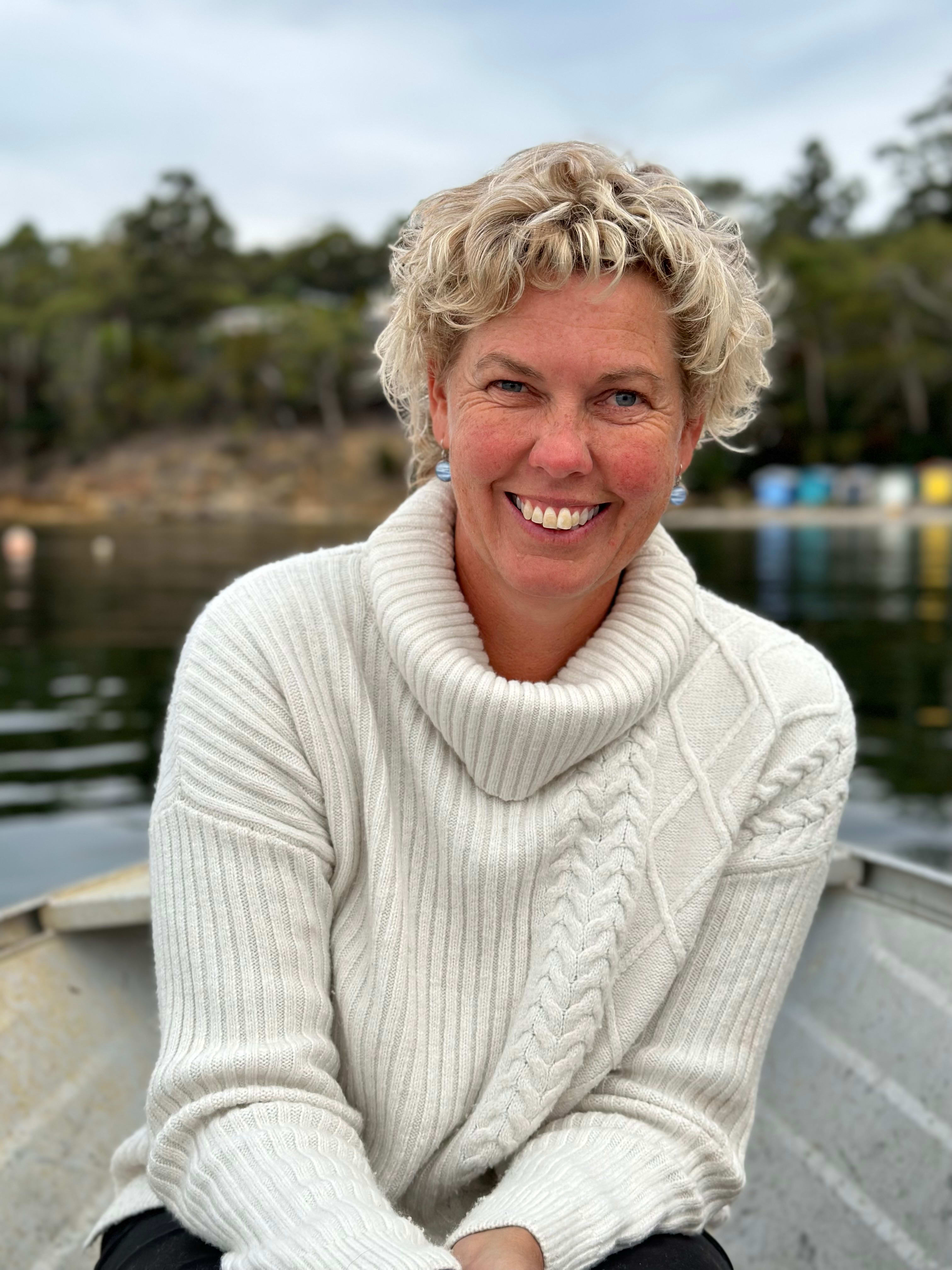I didn’t actually get the man’s name. It was September, a Friday, one of those gorgeous spring days that fill you with hopefulness. As though things are just opening up. I’d had an appointment at Newstead College, and walked out onto Cypress Street just before lunch. The street was empty. The way I remember it, the road was supernal in its brightness – my eyes must have been needing to adjust to the sudden appearance of light, after what had been a long and troubled winter.
A man was standing half-way up the street. He was older, and Indian – he wore a white kurta, and had a small daub of sandalwood paste on his forehead. I nodded gently, and walked past him. But a few paces later I was struck with a sharp pang of intuition, which is something I occasionally experience. I turned around, pressed my hands together clumsily, and said, “Namaste.”
He greeted me back, and we began to speak. He explained that he had moved to Launceston only in the past week. His son, and daughter-in-law, lived here; they were doctors and had been employed here for a few years. He’d moved into their house on a cul-de-sac around the corner.
I had spent the previous September in India, my first visit to that country. I had of course become acquainted with the intense busyness of its cities and roads, and immersed myself in the pullulating throngs of that overpopulated nation. I had read the Upanishads, one of India’s holy texts. Everything hums and vibrating with life, I had learned. Apparently, life was immense.
Returning to suburban Launceston had been like landing with a dull thud. I remember that I noticed the quietness; it was if some necessary element of life had absented itself. Nothing was vibrating.
I was sure that this stranger on the street must be stunned by his new environment. There is nowhere India where you could witness less happening than we did that day in Newstead.
Something like this became the subject of a homily, as the old man in the kurta explained himself.
“At first, I thought I came only due to family,” he was saying. “Then, just before I left India, I thought I might be coming for peace and comfort. But now I realise I have arrived here for another reason altogether.”
A wattle-bird leaped into a hakia bush at the front of the garden we stood next to, the only indication of a life that might interact with ours at the present moment.
The man continued. “This is the perfect chance for me to embrace my dharma, if you can understand me. In many ways, you might say, I have renounced the world.” He gestured at the still and silent street, and smiled. “I have come face-to-face with the emptiness that was promoted by our philosophers. At last I feel that I can truly meditate.”
I had tried meditating, in the upstairs room of the share-house where I was living. I would light a candle and try to imagine my worries swirling towards the flame, to be dissolved in the wavering wand of heat and light. But it felt like I was hollowing out when I did it. I didn’t like resisting my tangents of thoughts. The whole time I wanted to write. I hated meditation.
I wasn’t prepared to tell that to the Indian stranger. Anyway, the conversation had gone as far as it would. We murmured platitudes for a little longer, and then one last question rose instinctively to the front of my mind. “Which city did you come from?” I asked.
“Raipur,” he replied. “Have you heard of it?”
I had not. But I instantly knew that I would make my way there, sometime before the year was out. My own strange pilgrimage would be to see the native city of this man on Cypress Street, who had now made Launceston his home. We would make an exchange. Because whereas he had found emptiness, I was seeking complexity.

Bert Spinks writes poetry, and poetic prose, about wilderness. He has also played football on Queenstown’s gravel oval. In this blog, he fills in some of the space between these essentially Tasmanian extremes.








